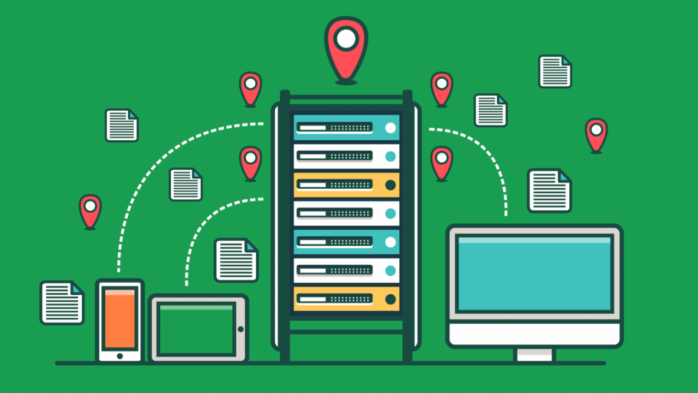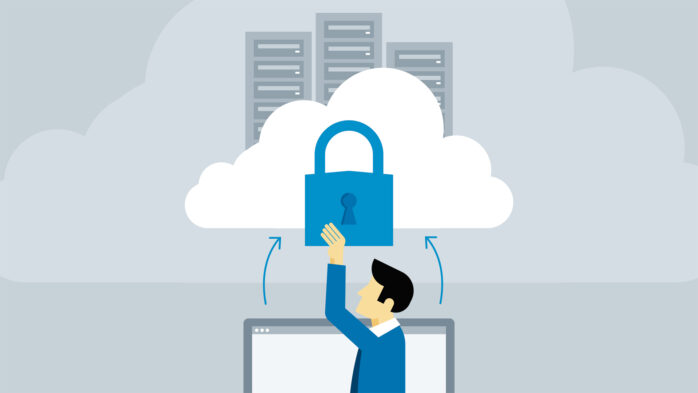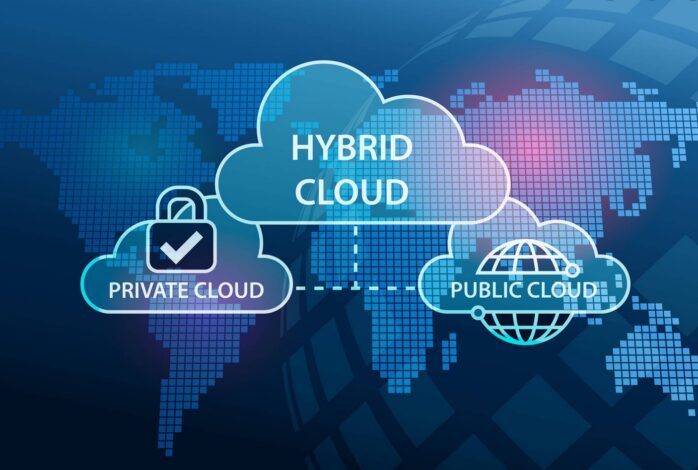
We all already know the importance of content on the Internet. However, just a decade or two ago, we probably wouldn’t have been able to imagine how much content we will actually consume today. Of course, this makes the delivery of web content and applications very challenging, which is why today we use tools like CDN and cloud computing. What exactly are CDN and cloud computing, how do they help us deliver and consume content – and can they go together? These are the questions we will try to answer in this text.
CDN And Cloud Computing: Similarities And Differences
Today, the Internet has become a huge global database. For the things you need to know, you will first search on the Internet. In this sense, the world has become a global village – because a huge amount of data is stored somewhere, and we can find it with a simple web search. If we compare it to the early days of the Internet or even compare it to the period some twenty years ago – we’ll see these things have changed significantly. Primarily, we mean the speed of access to information and all other resources and content we consume on the Internet. However, even today, that speed can differ relying on the servers that store all the necessary information. First, we mean the distance of the servers from the users who have their requests.
In this sense, it seems to many that the architecture of cloud computing is quite comparable to CDN or vice versa. However, there are differences – because each of these two things has its specific role in data and content distribution. Although similar at first glance, CDN and cloud computing have different purposes. Therefore, we will take a look at the distinctions and determine if these two can go together.

How To Explain CDN?
Although this explanation may sound complicated to some – it is not in its essence. That is actually a network that contains a large number of servers. Some of them are designated as the main or origin – while others, so-called cache servers, are distributed globally in many different locations so they can be geographically closer to the end users. All data and content are stored on the main servers, and then, according to the user’s needs, they are transmitted to the cache servers that are geographically closest to the users who require some content.
The greatest advantage of CDN is that it increases the speed of transmission flow – and it also reduces the load on main servers. The essence of CDN work is established in the fact that the platform leads users to the closest server when they want to access some content.
In this way, the possibility of slow traffic and congestion is greatly reduced – especially when so many users access at the same time. Examples of this are embodied in streaming, e-commerce – or numerous interactive sites.
So Isn’t Cloud Technology The Same Thing?
Although they have many similarities, CDN and Cloud are not the same things! Cloud technology is based on the fact that all data necessary for the user, be it applications, documents, hardware, or something else – is always available at any time. Thus, the entire concept of cloud computing relies on sharing resources over a network, with end users accessing applications via a web browser or desktop application on a mobile phone – while software and user data reside on servers at a remote location. According to lightningcloud.net, is provides access to apps, data, and storage services at any time – and does not require the user to know the physical location of the system that provides the service.

What Are The Most Common Cloud Solutions?
Cloud solutions can alter according to the benefits they offer, the level of protection, the permitted access to data – but also the way responsibilities are shared between the client and the cloud provider. However, the most common cloud solutions are these.
-
Public Cloud
Public Cloud solutions are owned by a third party, that is, providers who make their resources available to clients. It can be data storage space or virtual servers, etc. Therefore, the entire hardware and software equipment belongs to the provider, who is also responsible for maintaining the infrastructure. However, this solution is a little more vulnerable in terms of security compared to the Private.

-
Private Cloud
When it comes to Private Cloud, we are talking about computing resources used exclusively by one company or organization. That provides users with an additional layer of protection and security. Some companies choose to keep the complete infrastructure at their physical location – while others decide to partner and choose a cloud provider that will fully take care of system maintenance.
-
Hybrid Cloud
As you can assume, Hybrid Cloud incorporates the advantages of the previous two options – and enables exchanging data between these two types of systems. That ensures additional flexibility and enhanced protection of sensitive data.

CDN And Cloud Computing Together
Taking into account many similarities and differences, users often wonder if CDN and Cloud computing can go together. The answer is YES, for sure! If we analyze it a little better, we will understand that this is actually a winning combination that provides you with speed, reliability, improved delivery strategy, and much more. How is this achieved? Simply put, CDN, on its part, enables the use of a platform for delivering content to users, and in large quantities. On the other hand, cloud computing allows you to use resources for applications, hardware, etc. If you use them in combination, you will get the chance to use the platform and resources smartly and efficiently – and at the same time, eliminate the possibility of failure to receive applications or content.
Conclusion
Although they have many similarities, Cloud computing and CDN differ in many ways. The decision about which option is better – depends on your needs. For example, if you are a blogger or do video streams, a CDN will be an excellent choice because it will speed up the flow of data to your users. On the other hand, cloud computing has some additional benefits – especially if you use the Private Cloud option. In combination of both – you get a powerful performance that can be of great use to you – of course, following your needs.











